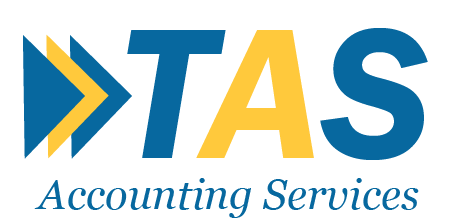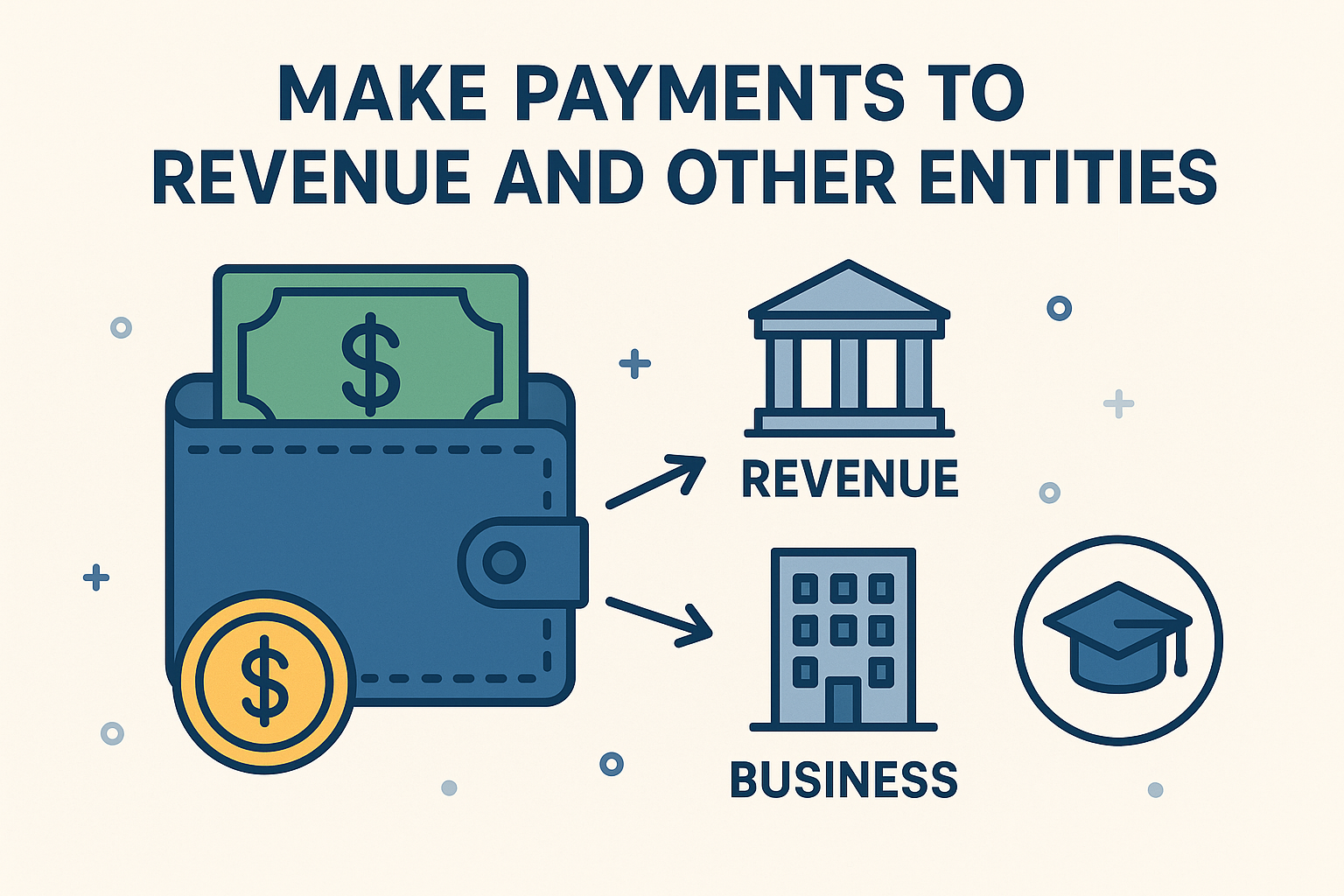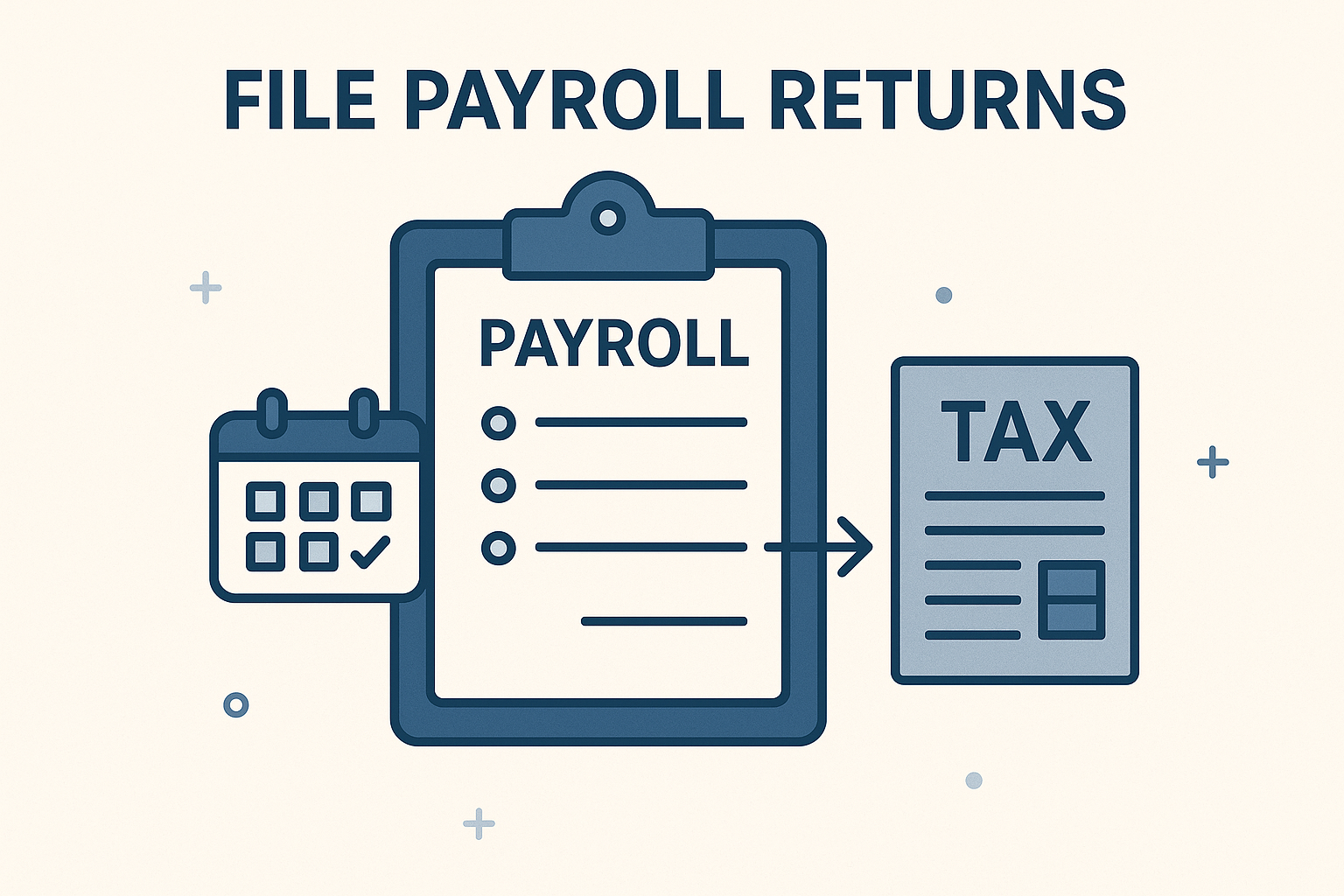Running payroll in Ireland may seem daunting at first, but with the right process and tools, it becomes a manageable and rewarding part of business operations. From employer registration in Ireland to using the Revenue Online Service (ROS) for submissions, staying compliant with Irish payroll regulations is crucial to avoiding fines and maintaining employee trust.
By following the six essential steps outlined—registering, calculating gross pay, managing PRSI contributions and USC deductions, filing returns, and keeping accurate records—you can confidently handle payroll processing in Ireland. Leveraging Irish payroll software, maintaining awareness of payroll deadlines in Ireland, and considering payroll consultancy services or payroll outsourcing in Ireland can further enhance your efficiency.
Remember, if you’re unsure about any part of how to run payroll in Ireland, it’s always best to consult with professionals who understand the intricacies of the PAYE system in Ireland.
Need Help With Payroll in Ireland?
At TAS Consulting, we specialize in providing trusted Irish payroll services for startups, SMEs, and established businesses. Whether you’re looking for support with employee payslips in Ireland, payroll tax submissions, or full-service payroll for startups in Ireland, we’re here to help.
📞 Call us: on +353 1 556 3253
📧 Email: moh@tasconsulting.ie
Let’s take the stress out of payroll so you can focus on growing your business.










